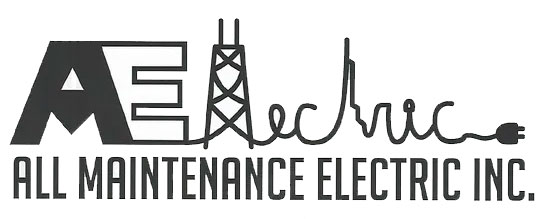FAQ
Routine maintenance can lower electric bills. A certified technician will inspect your systems to ensure they work efficiently. Needed repairs can cause your bills to skyrocket. The technician may also recommend high-efficiency upgrades or even smart controls for your home.
Common culprits of toilet leaks include:
• An old or cracked fill valve
• A broken or worn flapper seal
• A short or damaged flapper chain
• A failing flush valve
Most of these problems will need a replacement part to fix. And you should trust only a trained plumber to handle the repair.
To avoid clogs:
• Don't put grease or food debris down the kitchen drain.
• Invest in a drain screen to stop hair and debris from entering the pipes.
• Don't flush anything other than toilet paper down the toilet.
Replace your water heater every 10 -12 years or your heater will need repairs more frequently.
Different noises mean different things. Hissing could indicate an air or refrigerant leak. Rattling could mean some debris is caught in the outdoor unit or that your system has loose parts, such as the blower motor fan, blades, or wiring.
General maintenance is important at least once a year. However, you should clean or replace your air filters more frequently - about once a month. Also, ensure that your HVAC technician cleans your air ducts every three to five years.
Old pipes rust and crack more easily than new ones. If you experience frequent clogs or leaks, you likely need new pipes.
Your generator should be tested regularly to ensure the battery is charged and the unit will be ready to provide power during an emergency.
If you plan to install or update big appliances, or if your building is old and runs on old wiring, you should plan to rewire your property to ensure safety and efficiency.
Be sure your ducts reach every room. Then set your thermostat to the correct temperature. You can also lower blinds and keep doors and windows closed to keep conditioned air inside.


